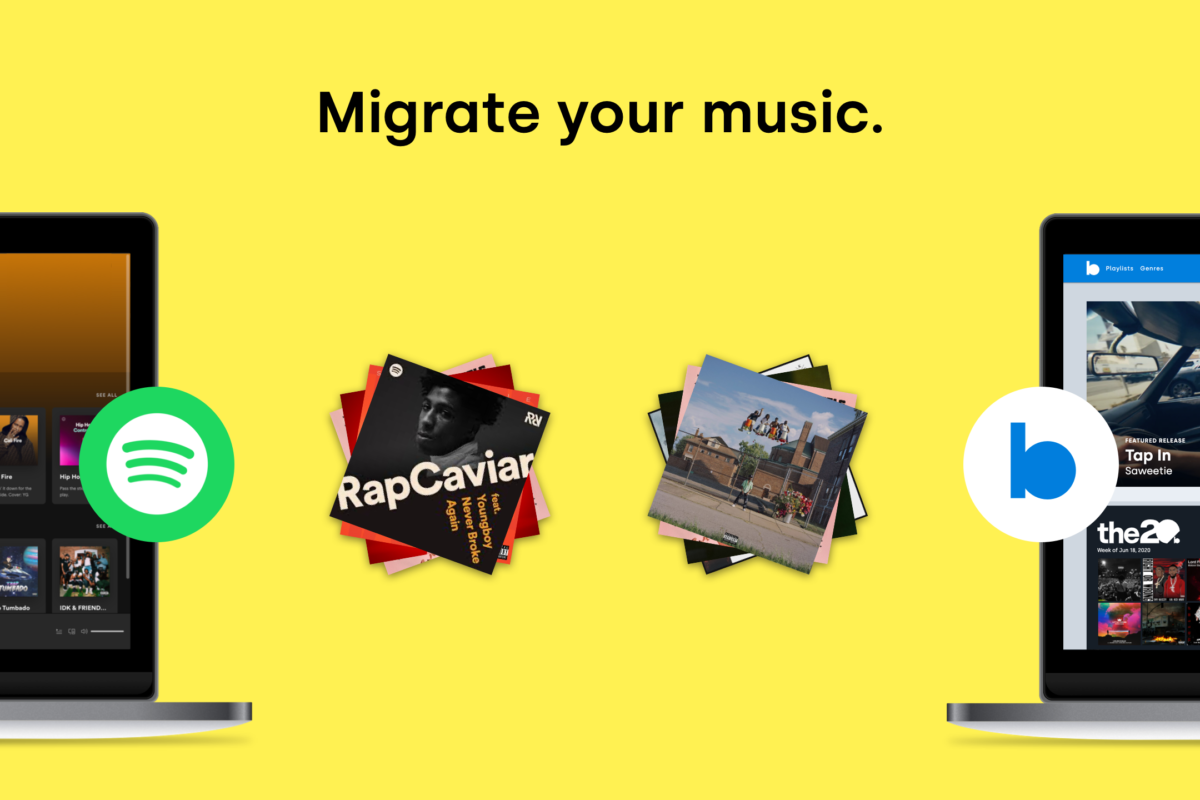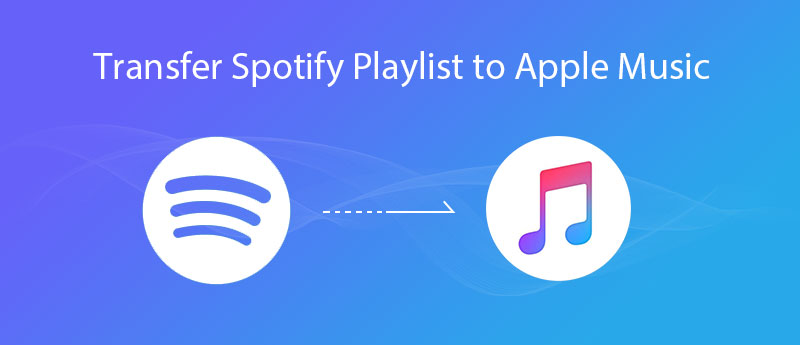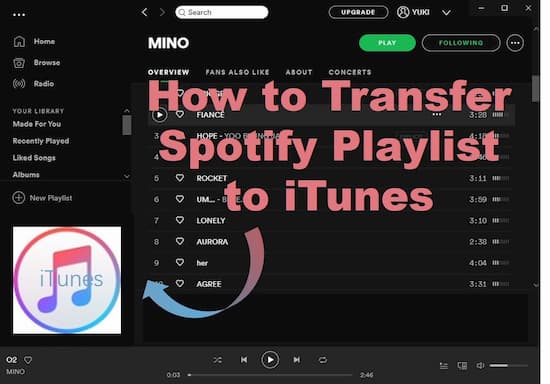

You can find the link in the About menu in the app. If you have any feedback or suggestions, please email me, I'll answer! It'll also notify you when the import finishes, so be sure to allow for notifications (I won't bother you, really).

If your import takes longer than that, jMusic will notify you so you can open the app to "renew" the time. In my tests, that's enough for about 40 songs. iOS allows apps to run in the background for 3 to 5 minutes. You can even leave the app while jMusic does all the magic. Select the tracks to be imported (it has a Select All button, don't worry).Select the playlist or paste the playlist's URL.JMusic helps you transfer any Spotify playlist (either from your account or an URL) to Apple Music without adding the songs to your main library, so it doesn't make a mess of things. Python JWTGenerator.py /path/to/key/AuthKey_SI2I3O2.p8Īpple Music is great, but you sure do miss all the great playlists people create on Spotify don't you? There's a Python script on the root of the project that can be used to generate a new token, which has two dependencies: The fastest way to get the app running is to generate your own "last resort" token and insert it on the Constants.swift file. This logic can be found on the TokenManager class, declared in AppleMusicService.swift. Currently the app has a backend to generate these tokens, and if by any chance that request fails there's a hardcoded "last resort" token in the app. The Apple Music API uses JWT (JSON Web Token) for authentication, and these tokens have an expiration date (max 6 months).

Go to to create an app and fill out the client ID and client secret on SpotifyAPI.swift Apple Music The app interacts with two APIs: Spotify and Apple Music. It contains features never released to the App Store like multi-playlist import (which hasn't been extensively tested but mostly works). This is the most up to date source code for the jMusic app.


 0 kommentar(er)
0 kommentar(er)
